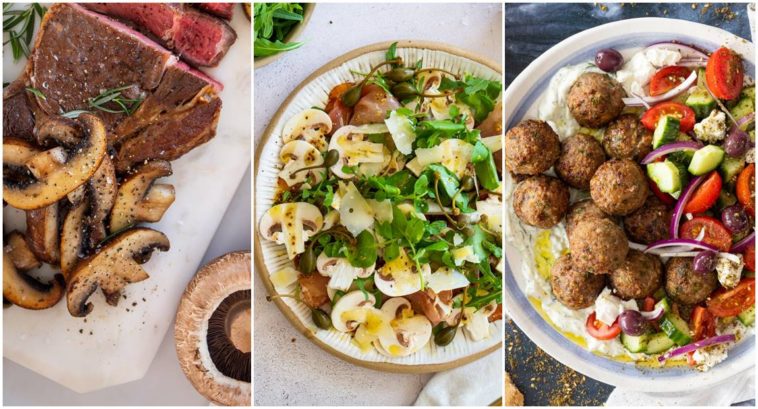Mushrooms may improve memory!
We’re made of memories – what we’ve experienced, wept and laughed over, and the tools we’ve learned to make us functioning, accomplished members of our families and society.
So we’re all naturally keen to do everything in our power to make our brains and bodies, which house our memories, function optimally.
- The key to this may be as simple as a liberal scattering of white button mushrooms in our everyday eating. A 2015 US study submitted to the peer-reviewed journal Nutrition Research found that “daily supplementation with mushroom (Agaricus bisporus) improves balance and working memory in aged rats.”
In fact, after just 8-10 weeks of eating mushrooms, there was an improvement in “balance, coordination, muscle strength, and learning and memory”. Now who wouldn’t want that?
Agaricus bisporus is the scientific name for your average white button mushroom, easily bought in most supermarkets. And white button, portabellini and big brown or portabello mushrooms are in fact the same mushroom, just at different stages of development.
Recipes to try today!
- Lamb & Mushroom Meatball Pitas
- Sautéed Portabellos, Steak, Coriander Mash & Pea Purée
- Mushroom Carpaccio
In a world with increasing rates of Alzheimer’s disease and other forms of dementia, another 2022 US study published in Brain Sciences, and “conducted to bring attention to the importance of environmental factors in mitigating neurodegenerative diseases”, found that the “white button mushroom diet appeared to ameliorate the spatial memory deficits seen in transgenic AD [Alzheimer disease] mice as they increase in age.”
It would seem that adding mushrooms to your diet is a “no brainer” for the health of your mind and memories. Fortunately, they are really easy to incorporate, as they are not only readily available, they are a highly economical alternate to animal sources of protein in the diet.
When it comes to Blue Zone eating, mushrooms have been found to be a staple. The term Blue Zone, as defined by medical website Healthline, is “a non-scientific term given to geographic regions that are home to some of the world’s oldest people.”
Writing on the Blue Zone site, Robert Beelman, PhD, professor of food science at Pennsylvania State University, describes mushrooms as disease-fighting stars. “In the past, food scientists like me often praised mushrooms as healthy because of what they don’t contribute to the diet; they contain no cholesterol and gluten and are low in fat, sugars, sodium and calories,” he notes.
“But that was selling mushrooms short. They are very healthy foods and could have medicinal properties, because they are good sources of protein, B-vitamins, fibre, immune-enhancing sugars found in the cell walls called beta-glucans, and other bioactive compounds.
“Important nutrients in mushrooms include selenium, vitamin D, glutathione and ergothioneine. All are known to function as antioxidants that can mitigate oxidative stress and all are known to decline during ageing. Oxidative stress is considered the main culprit in causing the diseases of ageing such as cancer, heart disease and dementia.”
So there you have it folks, mushrooms may well be the path to better memory in later years and that not-so-elusive elixir of long life we all desire.
Ways to make more of mushrooms in your meal plan:
- Blendability – simply substitute half the meat in any dish like bobotie, tacos or pot pies with an equal quantity of finely chopped fresh white button mushrooms. They bring added umami flavour to each dish, as well as fibre, while lowering overall calories – win-win!
- Bulk out meals – meat is expensive, so by adding fresh portabellinis or other mushrooms to stews, casseroles, bredies and potjies, you can feed a lot more people without paying substantially more.
- Eat for every meal – mushrooms are good with breakfast eggs, lunchtime salads and evening “meat and three veg” meals like Lamb & Mushroom Meatball Pitas or Sautéed Portabellos, Steak, Coriander Mash & Pea Purée
- Raw or cooked – raw fresh mushrooms have a beautifully creamy, earthy and clean flavour when sliced and scatted over fresh ingredients, as with Mushroom Carpaccio. Mushrooms also act like a sponge for flavours both subtle and strong in cooking, adapting well to all cooking methods, from sauté to sous vide.
- Meat substitute – big browns are simple to substitute for burger patties, steaks on the braai, chicken in saucy braises. The list is limited only by your imagination. See for the Mushroom Info website some delicious mushroom ideas.




